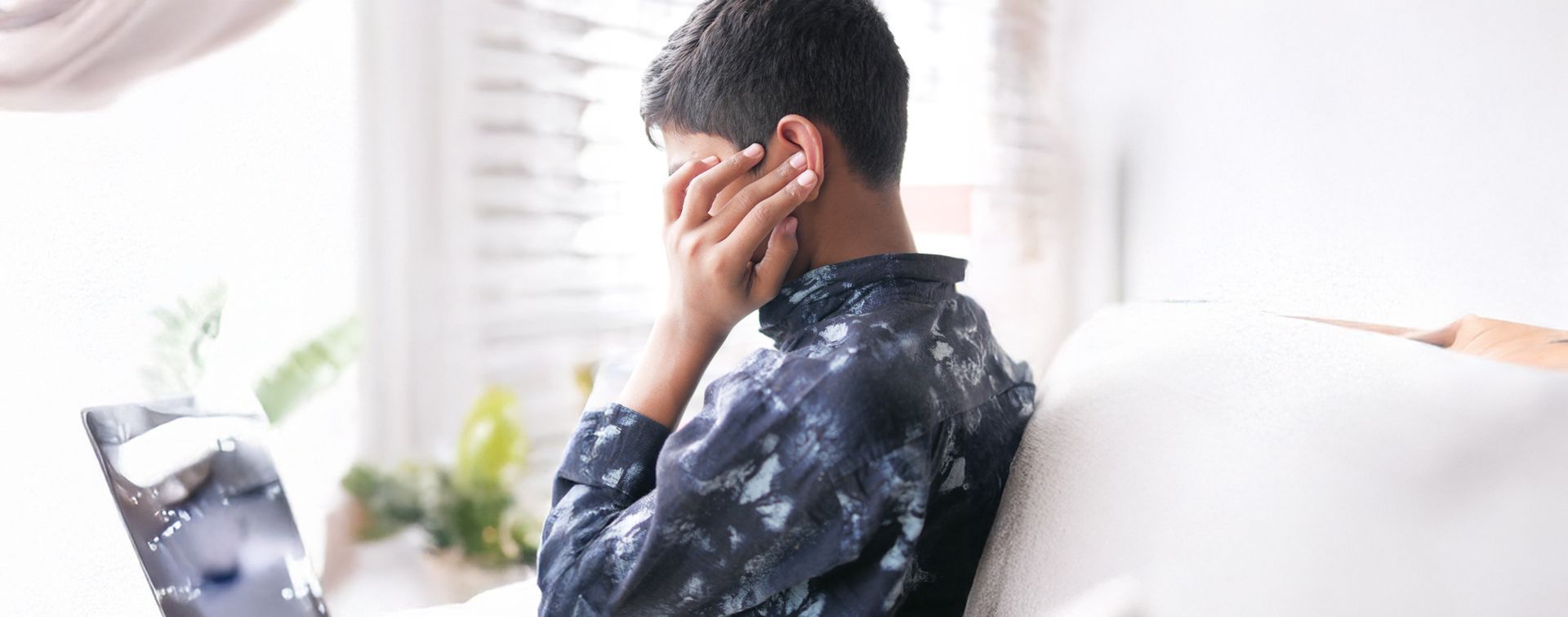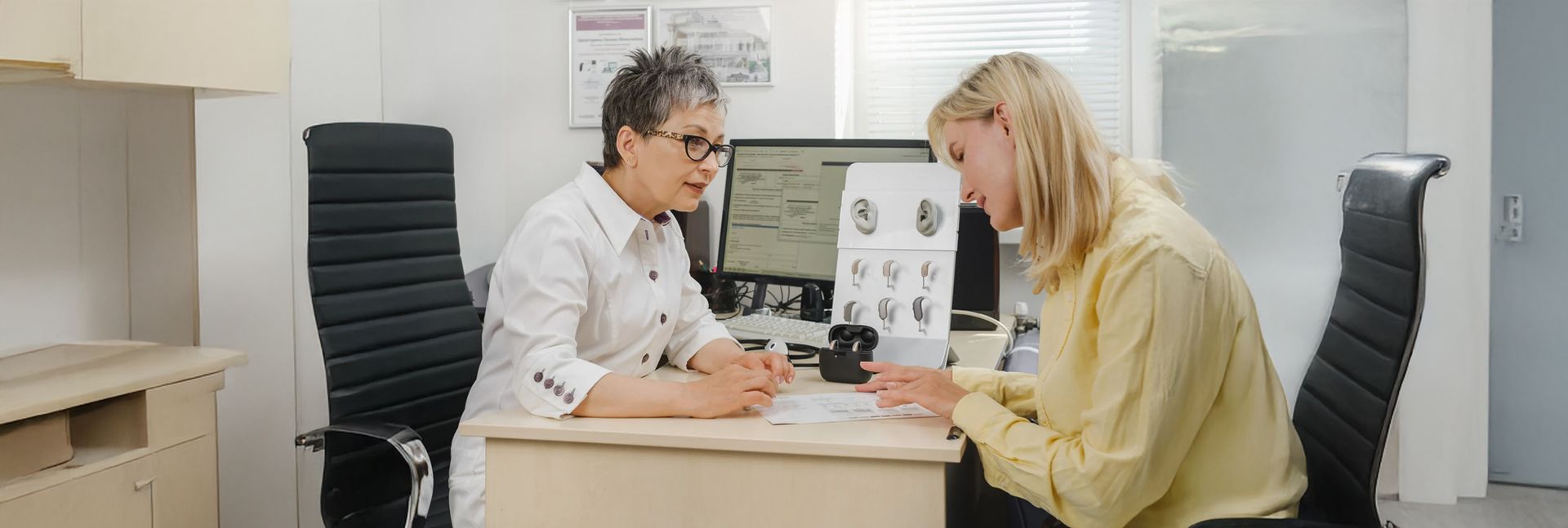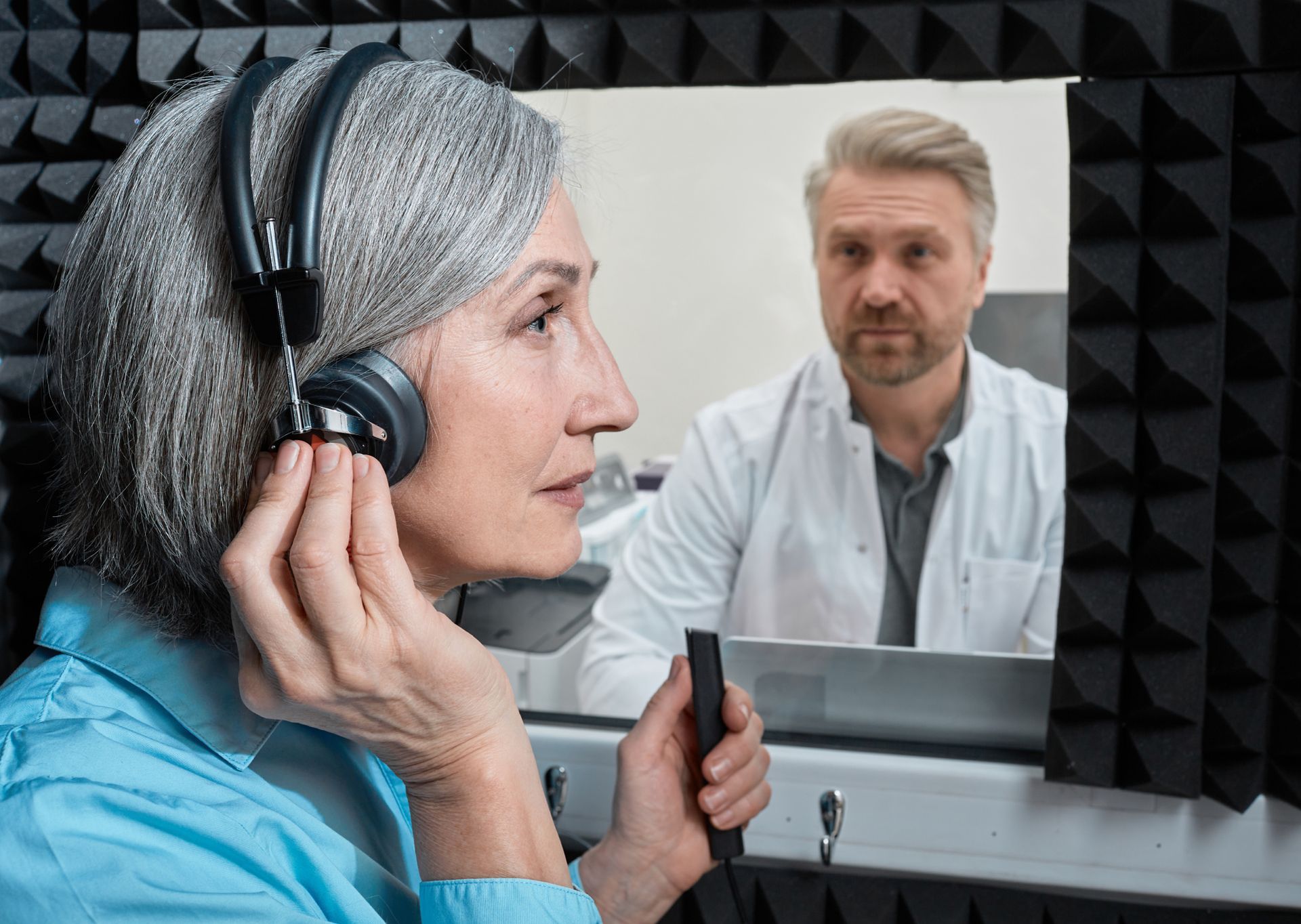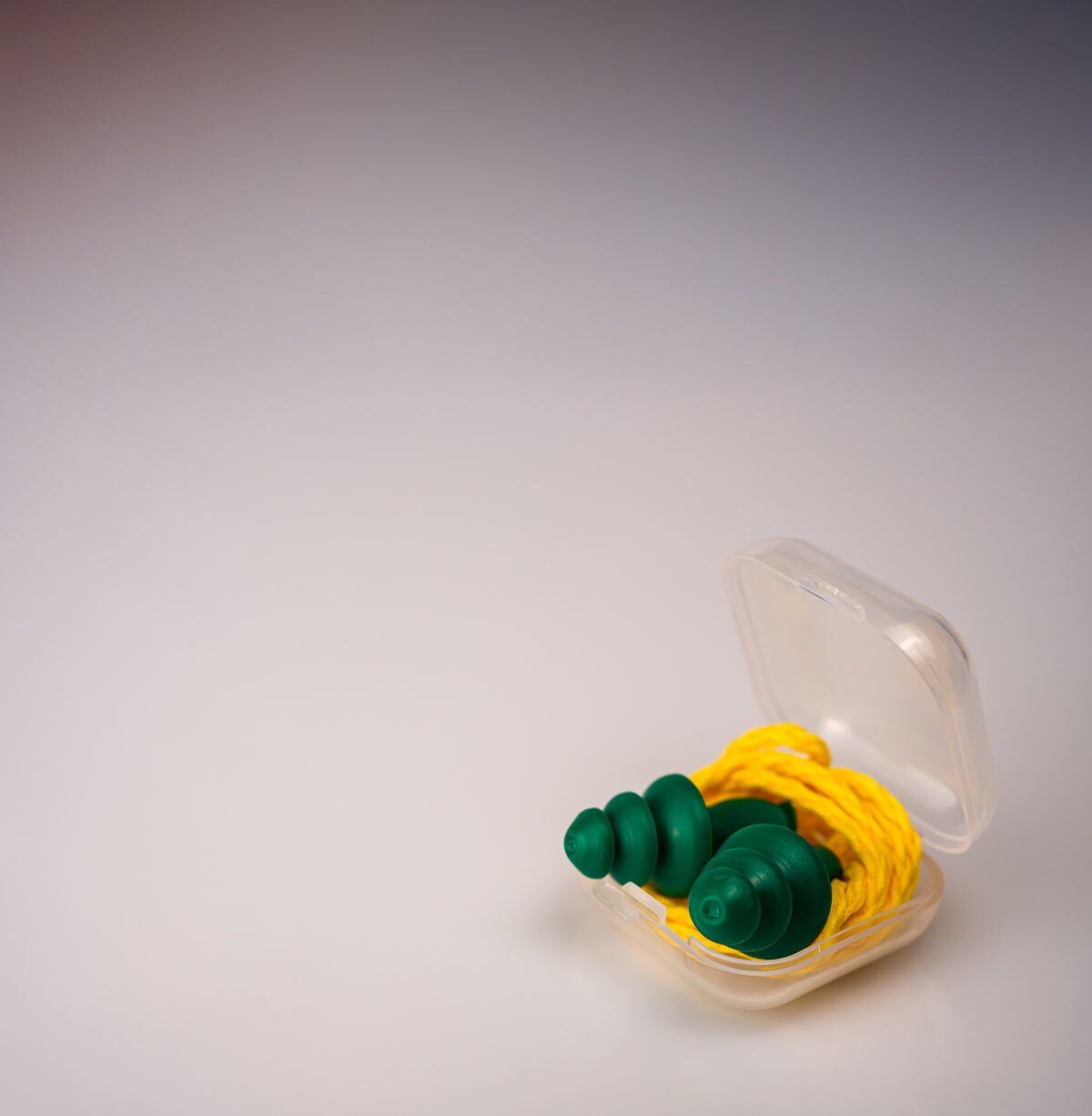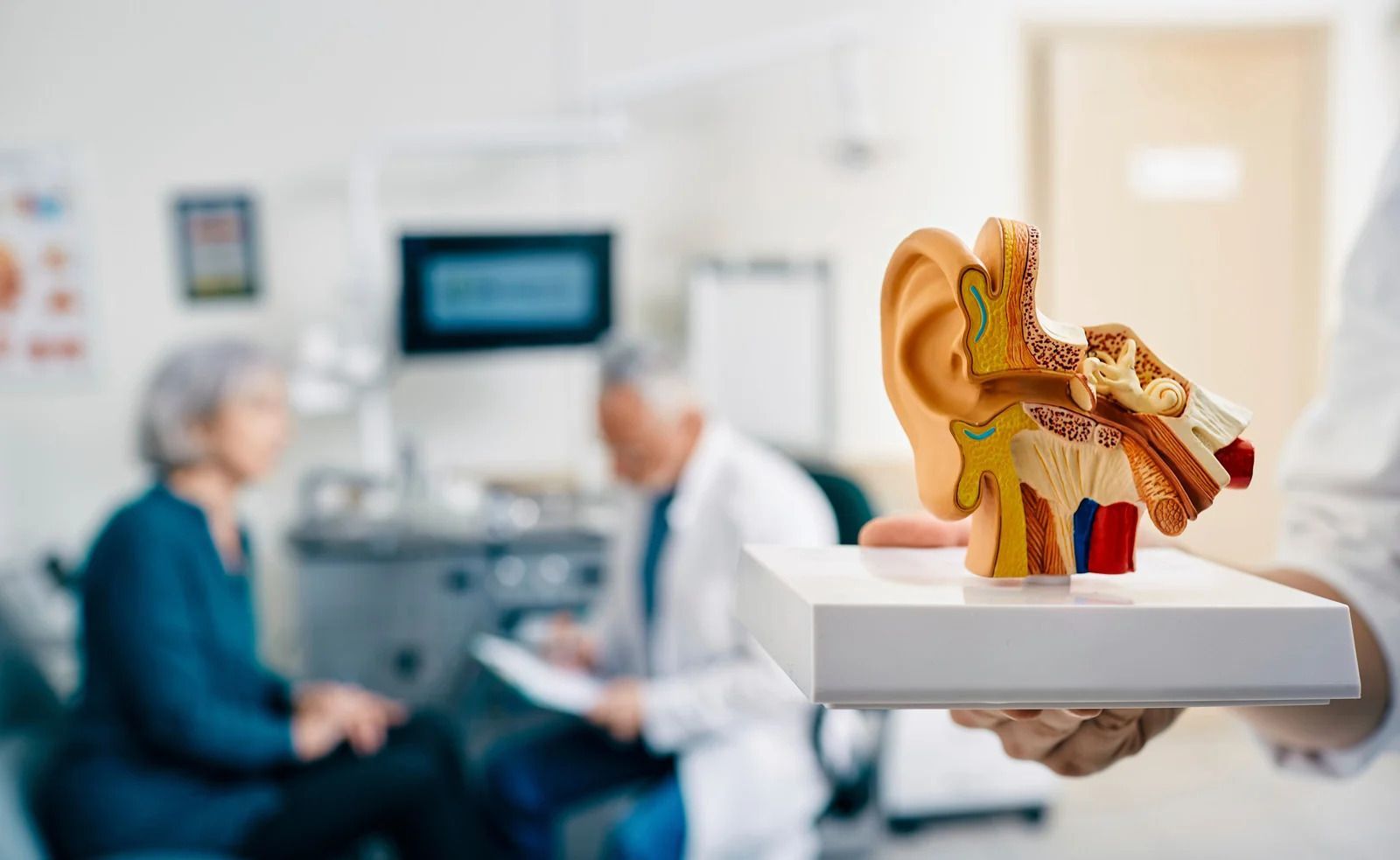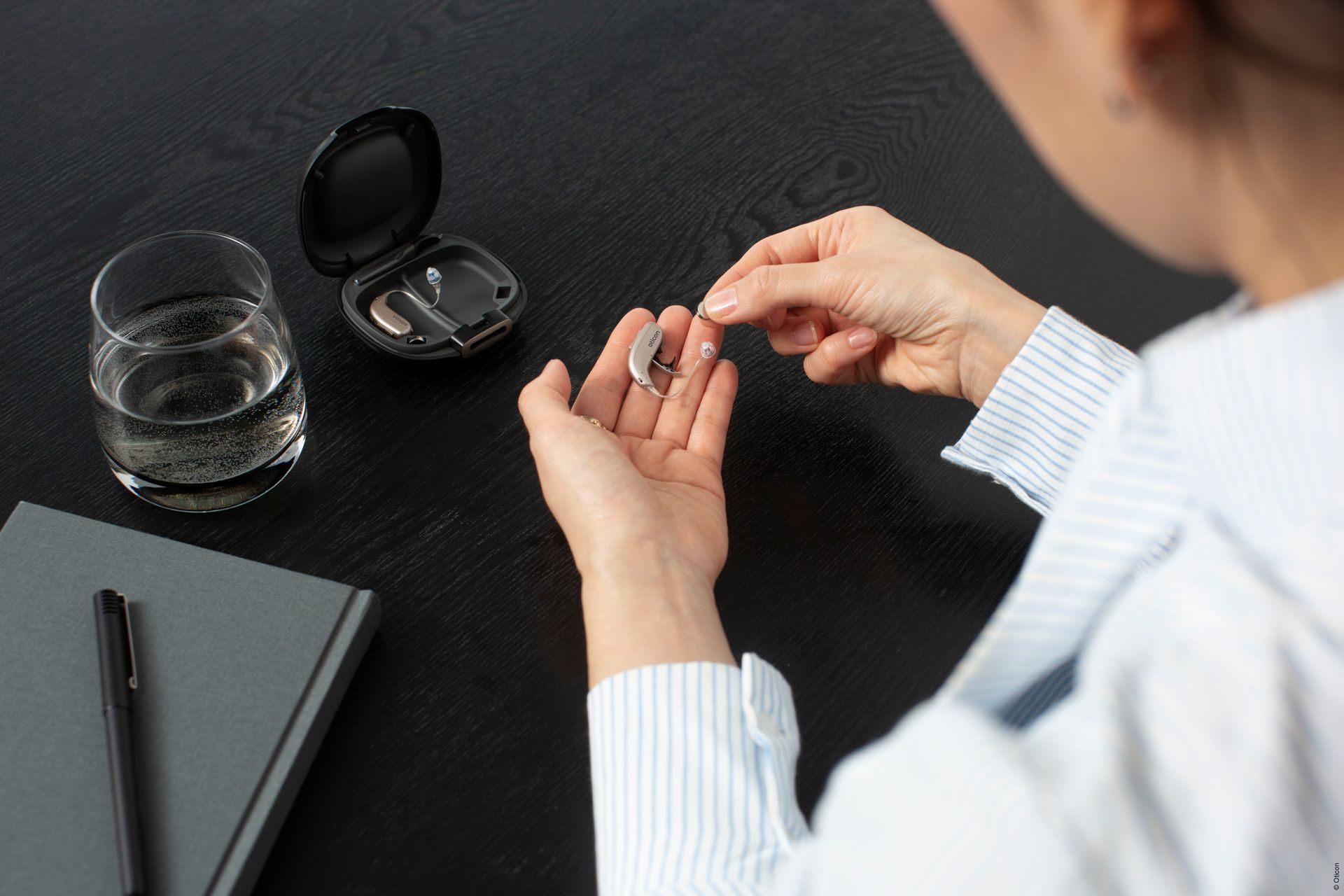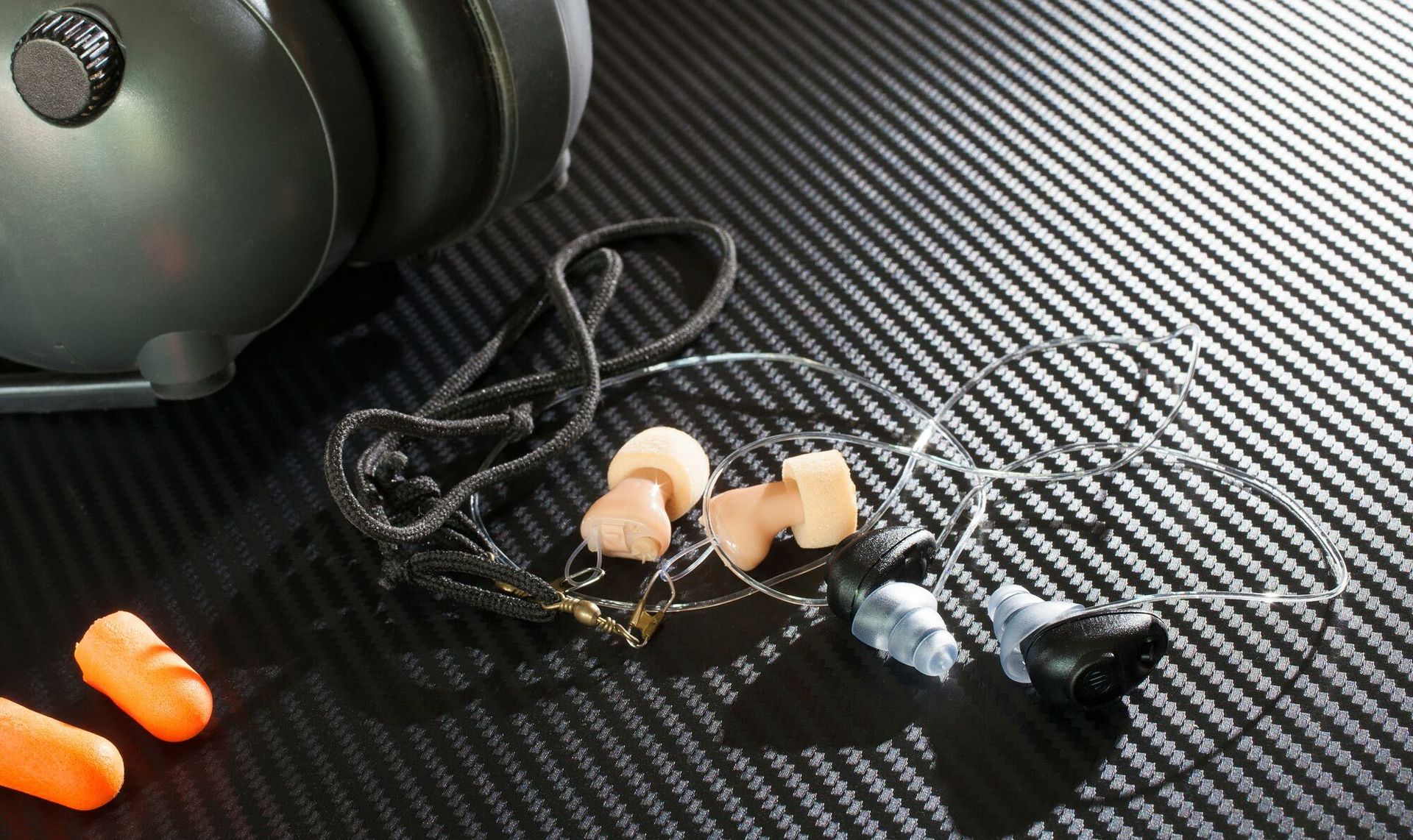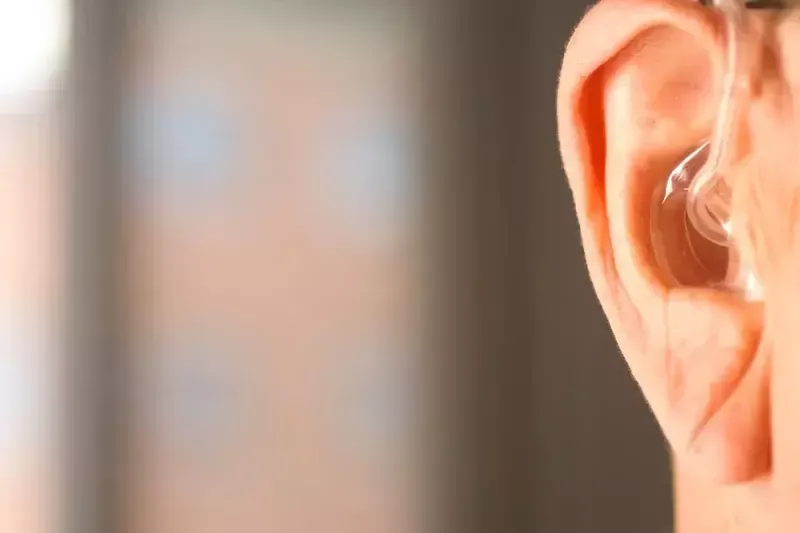Selecting the Right Hearing Care Professional: Why Qualifications and Best Practices Matter
Hearing loss, despite its widespread prevalence across the globe, often goes untreated or, at the very least, improperly managed. Seeking professional care is an important part of improving your hearing health and quality of life, which makes choosing a qualified hearing care professional not just important, but essential.
Knowing just a little about the qualifications and best practices of audiologists can help you make an informed choice about your hearing health and healthcare provider. We want to help you make that choice, and ensure that you receive the best possible care for your needs.
Audiology First is widely regarded as the premier audiology clinic in Southern Alberta—here’s why.
Understanding Hearing Care Professionals
First, a look at the difference in hearing care professional qualifications…
Audiologists
Audiologists are highly trained professionals who specialize in diagnosing and managing hearing and balance disorders. They undergo extensive education, and are equipped to handle the complex and unique needs of patients. Audiologists also collaborate with other healthcare providers to ensure comprehensive care, as hearing health can be indicative of other health problems, and/or otherwise have far-reaching effects on a person’s quality of life. The expertise of an audiologist makes them ideal for addressing intricate conditions such as tinnitus, auditory processing disorders, and severe hearing loss.
Hearing Aid Practitioners
Hearing aid practitioners focus on hearing assessments and the fitting of hearing aids. While their training is less extensive compared to audiologists, they play a critical role in helping individuals select and adjust a hearing apparatus that suits their needs. They are excellent resources for those primarily seeking assistance with hearing aid selection and maintenance, but will refer more complex cases to (and work in concert with) an audiologist.
Importance of Best Practices
Adherence to best practices in hearing care significantly enhances patient outcomes. These include comprehensive hearing evaluations, personalized treatment plans, and ongoing patient education. By prioritizing thorough assessments and individualized care, hearing professionals ensure patients receive the most effective solutions for their unique hearing needs. Clinics like Audiology First exemplify these standards, providing industry-leading care that improves a patient’s hearing and quality of life.
Meet the Audiology First Team
Let us introduce you to our exceptional team.
Glenn Hole, Clinic Director and Owner
Glenn Hole leads Audiology First with an impressive educational background:
- Bachelor of Science in Audiology from Bristol University
- Master of Science in Clinical Audiology from Salus University
- Currently pursuing his Doctor of Audiology (AuD) degree (expected in 2025)
Glenn’s dedication to lifelong learning fuels his commitment to delivering top-tier care. His research interests and patient-focused philosophy make him an industry leader in audiology.
Joseph Tomlinson, Registered Hearing Aid Practitioner
With over a decade of experience, Joseph Tomlinson brings invaluable expertise to Audiology First. Holding a Bachelor of Science in Hearing Sciences from Anglia Ruskin University, Joseph has mentored aspiring audiologists for over 10 years. He always seeks to provide the highest level of empathetic care, informed by his personal experience as a parent of a child with profound hearing loss. His deep understanding of patient needs ensures that every individual receives the compassionate and effective attention they deserve.
Shibna Kunhimon, Audiologist
Trained as an audiologist in India, Shibna Kunhimon adds a wealth of clinical expertise and patient perspective to the team. Her experience in a busy specialist clinic allows her to address a wide range of hearing concerns with both precision and care. Shibna’s diverse skill set enriches Audiology First’s ability to serve patients with varied needs and backgrounds.
You can learn more about the team at Audiology First here.
Audiology First's Commitment to Best Practices
Audiology First is dedicated to prioritizing patient needs above all else—we work extremely hard to foster a culture of care that emphasizes quality over sales. The clinic’s adherence to best practices, such as providing accurate hearing assessments and offering referrals where necessary, ensures patients receive the highest standard of care.
The ability of a clinic to support their clinicians, and create an environment where these standards are upheld, leads to better patient satisfaction and treatment outcomes. These are the exact conditions we strive for each and every day here at Audiology First.
Learn more about why Audiology First is the preferred choice for hearing care here.
Understanding the qualifications of hearing care professionals is essential for effectively addressing your hearing loss or the hearing loss of those you love. Choosing a clinic with a well-trained and diversely qualified staff is important for receiving the levels of care you need, want, and deserve.
Opt for a professional and personalized experience like the one we provide here at Audiology First—schedule a consultation with our expert team today!
